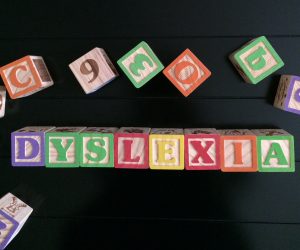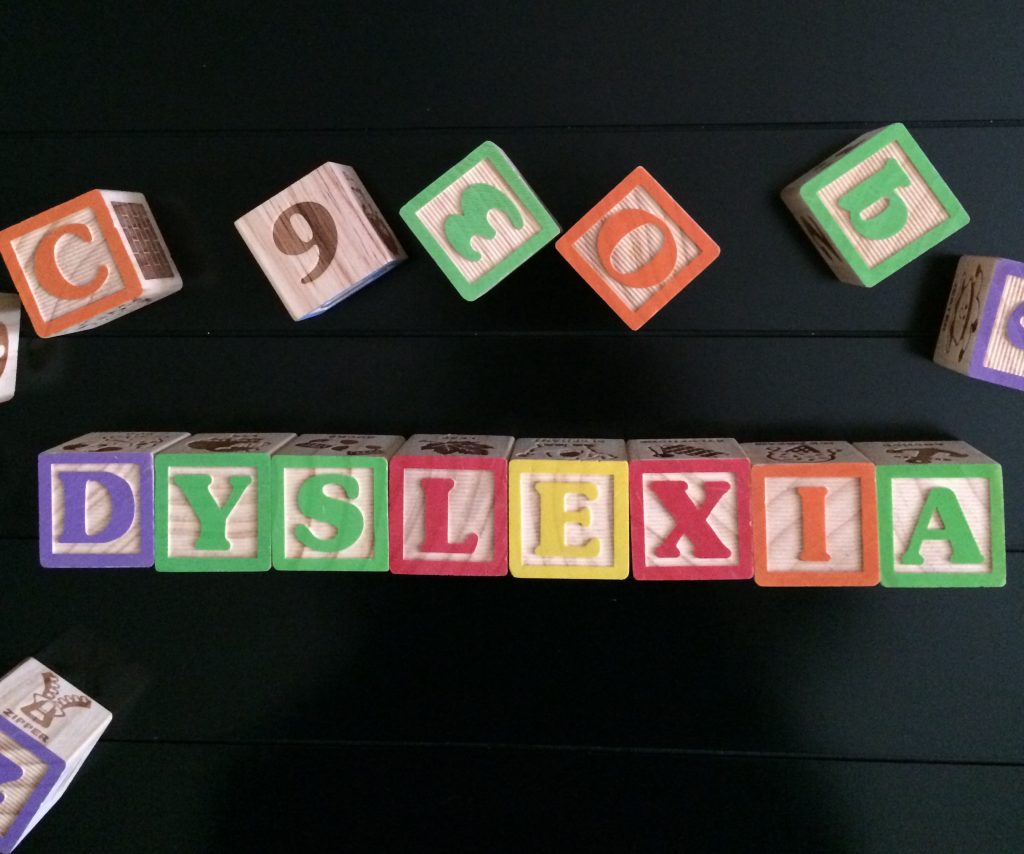Dyslexia, according to a new study from Durham and Yale University, is unscientific. They say the label lacks meaning.

So, what is dyslexia? It is almost an invisible problem. It is not an illness. And, research tells us that a person diagnosed with dyslexia has a normal and healthy brain. Therefore, it exists as a specific reading problem. It does not mean the student isn’t smart. Simply, it means he/she has a difficult time reading. And, sometimes it shows up in spelling and writing. It is not a prediction of the future or a failure on the student’s part. In fact, it is quite common. Many successful individuals are dyslexic.
The experts from Durham and Yale claim that resources presently used to test children are a waste of time. In addition, they claim that labeling is over used on children that have difficulty with reading.
Professor Julian Elliott places more emphasis on helping students with reading problems rather than giving them a label. Reading difficulties must be observed early in a student’s development. Intervention must be done as quickly as possible.
Why A Diagnosis?
Children are often diagnosed with dyslexia for a number of reasons. And, the main reason for the diagnosis has much to do with reading difficulty. But once the problem is discovered, schools don’t have the right programs to help the students.
Occasionally, the stigma attached to the diagnosis and label leads to poor self-efficacy, depression, social exclusion and at times, aggression. Students become frustrated and angry in having a label along with a reading problem. Therefore, teachers and parents must work with specific areas of difficulty and focus on areas of strength. We must be flexible in the approach taken to help each student. And, the method chosen must suit the individual child. It’s not a one size fits all.
Strategies for Dyslexia
• Help students connect sounds to letters.
• Decode words by using each letter’s sound.
• Learn sight words for fluency in reading.
• Summarize text after reading.
The book The Gift of Dyslexia by Ron Davis provides insights to the reading problem.
The label may be unnecessary, but the problem still exists. Provide individualized help as necessary. All children thrive on challenges and successes. They must all have a chance to learn.




